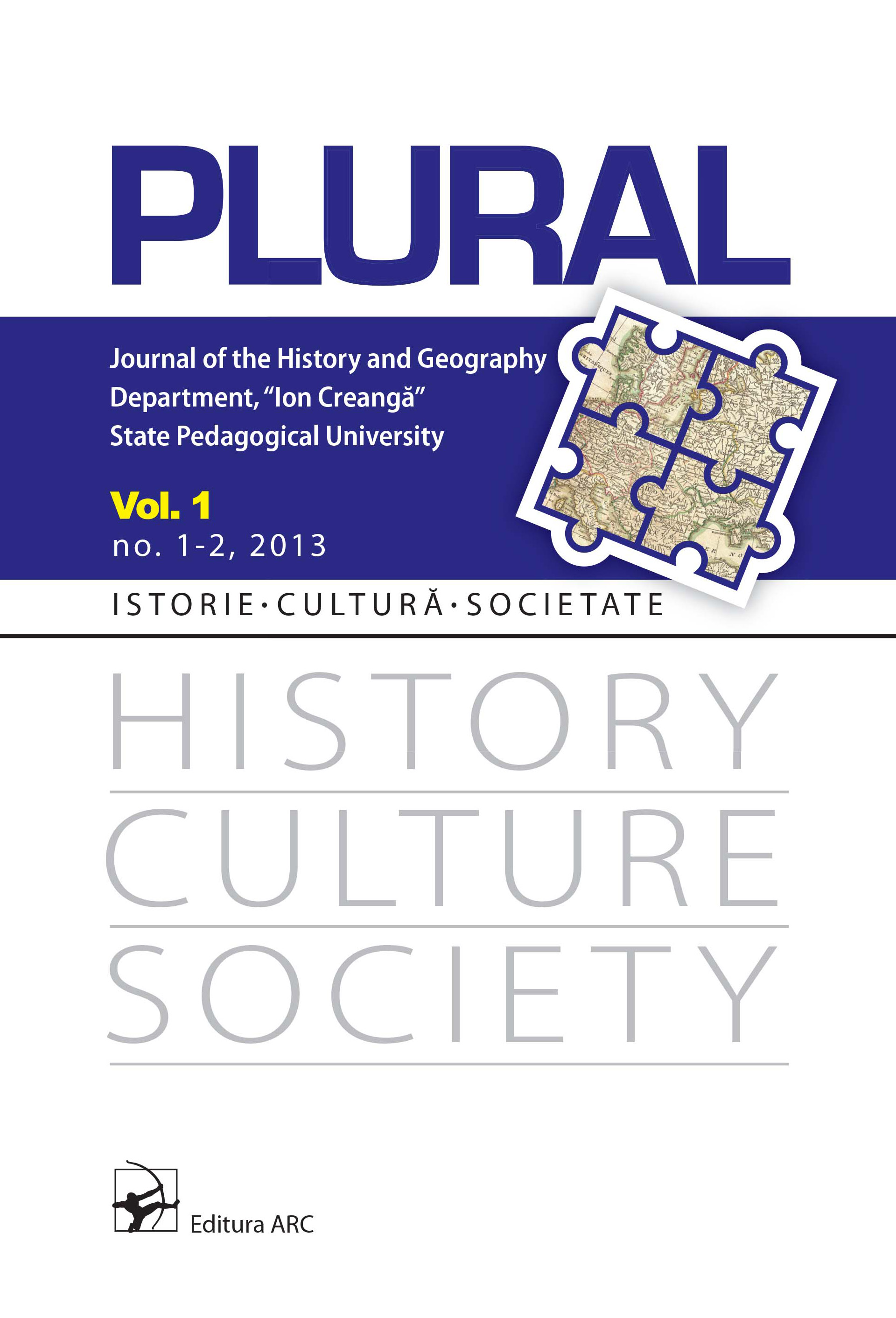Peasants’ Perceptions of Jewish Life in Interwar Bessarabia and how this became Interwoven into the Holocaust
Peasants’ Perceptions of Jewish Life in Interwar Bessarabia and how this became Interwoven into the Holocaust
Author(s): Diana DumitruSubject(s): History, Jewish studies, Special Historiographies:, Fascism, Nazism and WW II
Published by: Facultatea de Istorie și Geografie, Universitatea Pedagogică de Stat „Ion Creangă”
Keywords: Holocaust;moldova;WWII;Bessarabia;
Summary/Abstract: This article analyzes the imagery shared by interwar Bessarabian peasants about their Jewish neighbors and traces the role that this imagery played in determining gentiles’ attitudes or behavior during the summer of 1941. It is built on a vast array of sources, including, over three hundred testimonies of Jewish survivors, and archival materials studied at the National Archives of the Republic of Moldova and the US Holocaust Memorial Museum. During the start of the war, civilians had brief interregnum allowing them to act on their own, unrestrained by local authorities. At this time, robberies in Jewish towns and villages occurred on an unprecedented scale across the region, with open involvement of numerous groups of civilians; sometimes these robberies were accompanied by assaults and murders. This paper argues that the plunder of Bessarabian Jewry was something more complex than war banditry. For these peasants, the robbery of Jewish goods represented a ‘natural’ way to balance what they perceived to be an unjust economic and social situation that had lasted too long and which could finally be resolved. During the summer of 1941 the peasants of Bessarabia undertook, on their own initiative and for their own benefit, a mass plunder which had the effect of expropriating property from their Jewish neighbors. Men, women, and even children took part in this “mass operation.” The plunder recast the economic topography of Bessarabian society, anticipating the actions of the Romanian state, which joined this process by legally nationalizing all property and assets owned by Jews in Bessarabia on September 4, 1941.
- Issue Year: I/2013
- Issue No: 1-2
- Page Range: 131-148
- Page Count: 18
- Language: English

